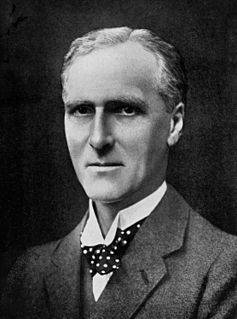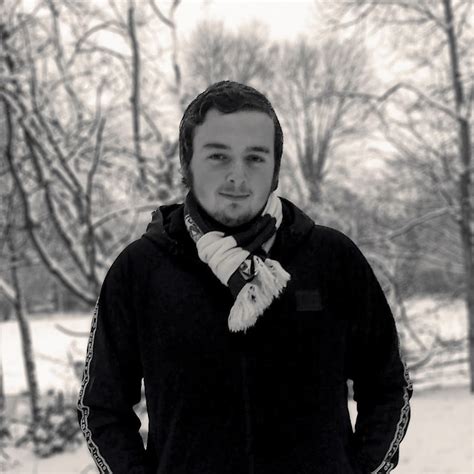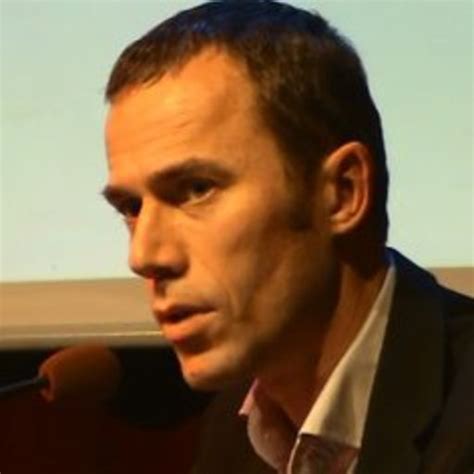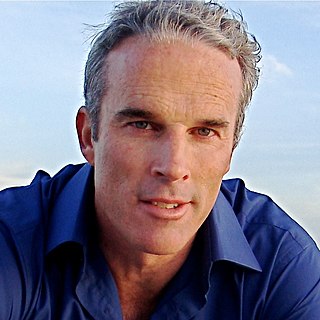A Quote by Arthur Keith
There are very few men and women in whom a Universalist feeling is altogether lacking; its prevalence suggests that it must be part of our inborn nature and have a place in Nature's scheme of evolution.
Related Quotes
You must not say that this cannot be, or that that is contrary to nature. You do not know what Nature is, or what she can do; and nobody knows; not even Sir Roderick Murchison, or Professor Huxley, or Mr. Darwin, or Professor Faraday, or Mr. Grove, or any other of the great men whom good boys are taught to respect. They are very wise men; and you must listen respectfully to all they say: but even if they should say, which I am sure they never would, 'That cannot exist. That is contrary to nature,' you must wait a little, and see; for perhaps even they may be wrong.
In the final analysis the hierarchic pattern is nothing like the straightforward witness for organic evolution that is commonly assumed. There are facets of the hierarchy which do not flow naturally from any sort of random undirected evolutionary process. If the hierarchy suggests any model of nature it is typology and not evolution. How much easier it would be to argue the case for evolution if all nature's divisions were blurred and indistinct, if the systema naturalae was largely made up of overlapping classes indicative of sequence and continuity.
Man wants to see nature and evolution as separate from human activities. There is a natural world, and there is man. But man also belongs to the natural world. If he is a ferocious predator, that too is part of evolution. If cod and haddock and other species cannot survive because man kills them, something more adaptable will take their place. Nature, the ultimate pragmatist, doggedly searches for something that works. But as the cockroach demonstrates, what works best in nature does not always appeal to us.
Evolution goes beyond what went before, but because it must embrace what went before, then its very nature is to transcend and include and thus it has an inherent directionality, a secret impulse, toward increasing depth, increasing intrinsic value, increasing consciousness. In order for evolution to move at all, it must move in those directions-there's no place else for it to go!
Cruelty, very far from being a vice, is the first sentiment Nature injects in us all. The infant breaks his toy, bites his nurse's breast, strangles his canary long before he is able to reason; cruelty is stamped in animals, in whom, as I think I have said, Nature's laws are more emphatically to be read than in ourselves; cruelty exists amongst savages, so much nearer to Nature than civilized men are; absurd then to maintain cruelty is a consequence of depravity. . . . Cruelty is simply the energy in a man civilization has not yet altogether corrupted: therefore it is a virtue, not a vice.
For men, as a rule, love is but an episode which takes place among the other affairs of the day, and the emphasis laid on it in novels gives it an importance which is untrue to life. There are few men to whom it is the most important thing in the world, and they are not the very interesting ones; even women, with whom the subject is of paramount interest, have a contempt for them.
Schwartz's research suggests something important: we can stretch our personalities, but only up to a point. Our inborn temperaments influence us, regardless of the lives we lead. A sizeable part of who we are is ordained by our genes, by our brains, by our nervous systems. And yet the elasticity that Schwartz found in some of the high-reactive teens also suggests the converse: we have free will and can use it to shape our personalities.
Mystical experience of nature can be of particular relevance to our troubled age, bringing deeper into our consciousness and emotions the logic that nature sustains humanity as humanity must, in turn, sustain nature. Rationality alone, however, cannot be our guide in the task of restoring our environment. A spiritual connection to nature must inspire the emotional commitment that is the yin, complementing the yang of intellectual understanding.
Nature is man's inorganic body -- that is to say, nature insofar as it is not the human body. Man lives from nature -- i.e., nature is his body -- and he must maintain a continuing dialogue with it is he is not to die. To say that man's physical and mental life is linked to nature simply means that nature is linked to itself, for man is a part of nature.





































